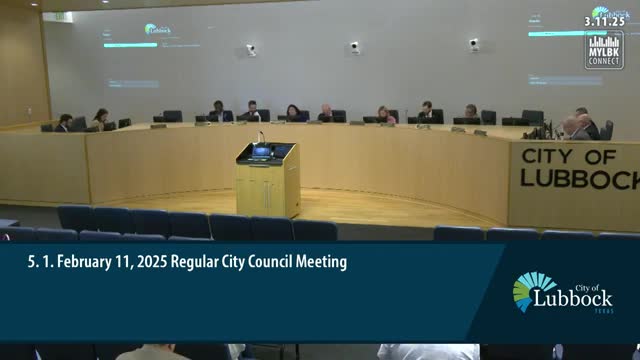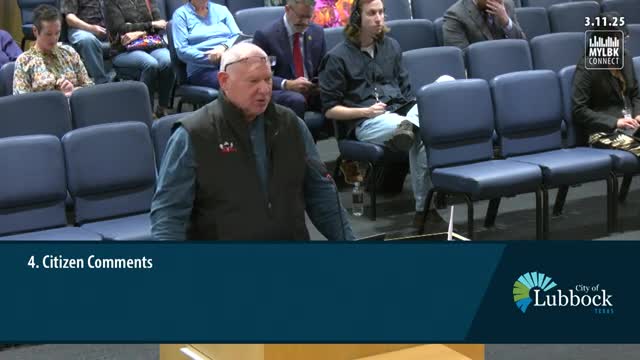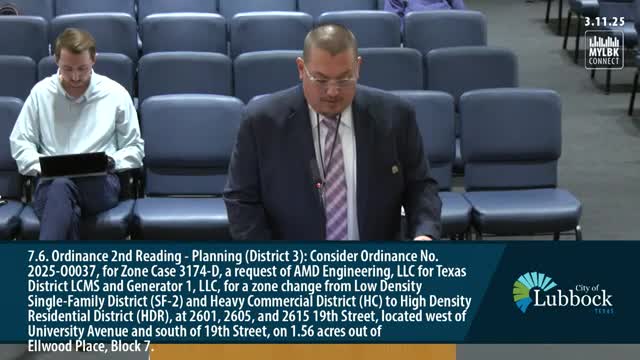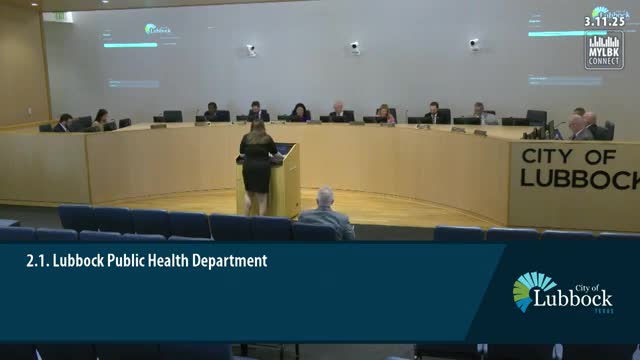Article not found
This article is no longer available. But don't worry—we've gathered other articles that discuss the same topic.

Votes at a glance: Lubbock City Council actions, March 11, 2025

Council approves rezoning for car wash site despite neighborhood noise and safety objections

Council approves rezoning for large student housing project near Texas Tech after concessions to neighbors

